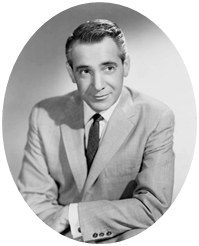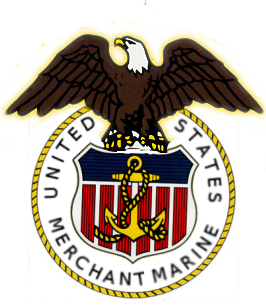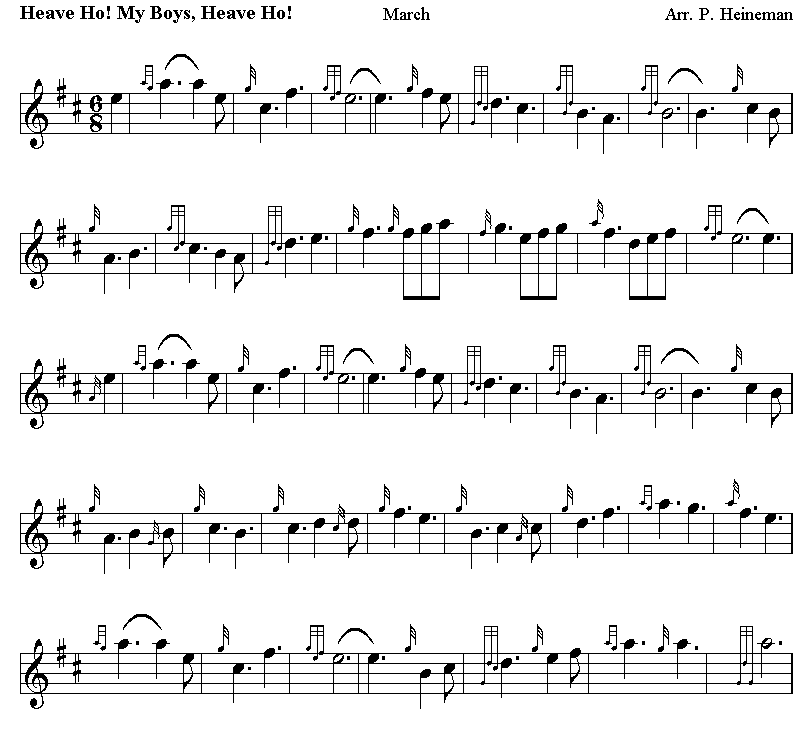Heave Ho! My Boys, Heave Ho! Is the official song of the United States Merchant Marines. The United States Merchant Marine is made up of the nation's civilian-owned merchant ships and the men and women that crew them. The merchant marine transports cargo and passengers during peace time. In time of war, the merchant marine is an auxiliary to the Navy, and can be called upon to deliver troops and supplies for the military.
The people of the merchant marine are called merchant mariners, and are civilian except in times of war when, in accordance with the Merchant Marine Act of 1936, they are considered military personnel. In 1988, President Ronald Reagan signed a bill into law making Merchant Mariners who serve in war veterans.
The
first wartime role of an
identifiable United
States Merchant Marine
first took place on June
12, 1775 in and around
The
Merchant Marine was
active in subsequent
wars, from the
Confederate commerce
raiders of the American
Civil War, to the First
and Second Battle of the
Merchant
shipping also played its
role in the wars in

|
|



